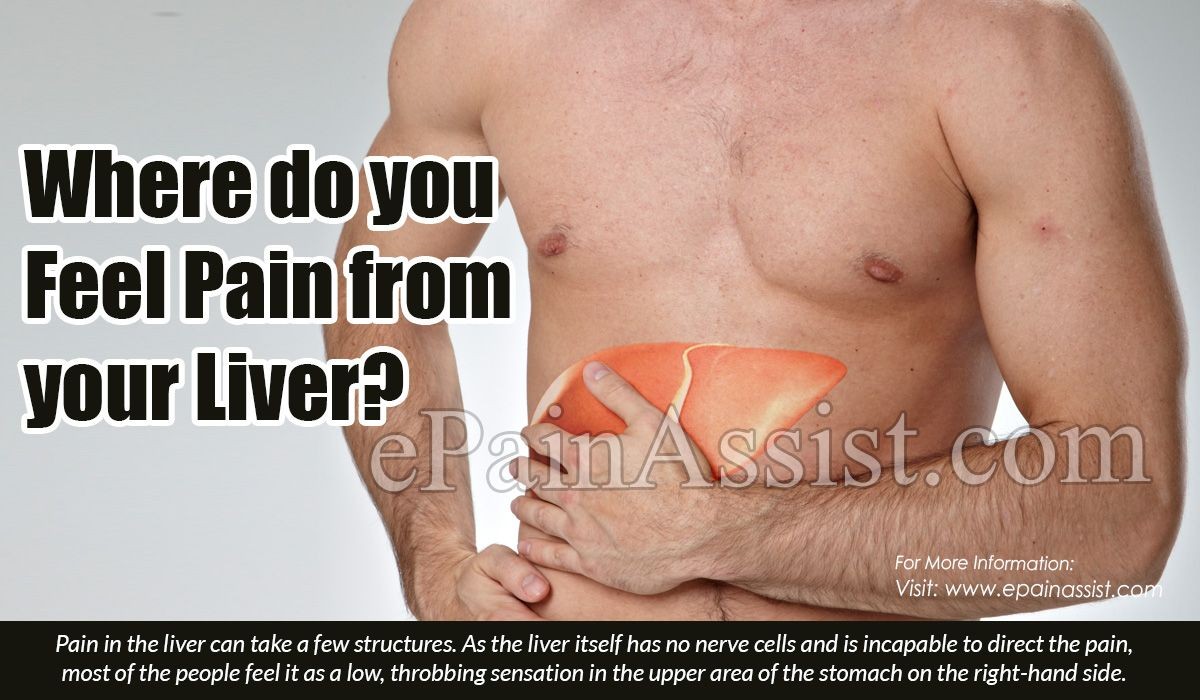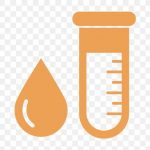
Contents
- 1 What Does Liver Pain After Drinking Alcohol Mean?
- 1.0.1 Signs and Symptoms of Liver Pain After Drinking Alcohol
- 1.0.2 Types of Liver Diseases
- 1.0.3 Causes of Liver Pain After Consuming Alcohol
- 1.0.4 When to See a Doctor for Liver Pain
- 1.0.5 Diagnosis and Tests for Liver Disease
- 1.0.6 Treatments for Liver Pain After Drinking Alcohol
- 1.0.7 What Qualifies as Alcoholism?
- 1.0.8 What Are the Withdrawal Symptoms of Alcohol?
What Does Liver Pain After Drinking Alcohol Mean?
Excess alcohol consumption can damage the liver and lead to liver disease or cirrhosis. Long-term alcohol use increases the risk of developing liver cancer.
The liver is a vital organ responsible for processing nutrients and removing toxins, including alcohol, from the body. When you consume large amounts of alcohol, even for a few days, it can harm your liver.
Sometimes, the symptoms of liver disease are not immediately noticeable. However, experiencing pain in your liver after drinking alcohol is a clear indication of liver disease. It is important to consult a doctor if you experience liver pain. Causes of liver pain include chronic hepatitis, fatty liver disease, liver abscess, and liver cancer.
Signs and Symptoms of Liver Pain After Drinking Alcohol
Abdominal Pain
Liver pain is typically felt on the right side of the abdomen, but it can also occur in the front center or under the lower right ribs. The pain may be throbbing or stabbing and can come and go.
Pain in the Right Shoulder
Liver problems can cause pain in the right shoulder. A doctor should evaluate the presence of cysts in the liver or polycystic liver disease.
Enlarged Liver
Excessive alcohol consumption can cause the liver to swell. If accompanied by pain, nausea, and vomiting, an enlarged liver should be evaluated by a doctor.
Fever
Fever accompanying liver pain may indicate the presence of an abscess or fluid-filled pockets in the liver. Seek medical attention if you experience discomfort, fever, or pain in the upper right side of your belly or shoulder.
Nausea and Vomiting
Feeling nauseous or vomiting after drinking alcohol suggests irritation in the stomach or potential liver damage. Vomiting is the body’s way of eliminating harmful substances. Unexplained vomiting may indicate liver issues and should be examined by a doctor.
Types of Liver Diseases
Liver diseases can be caused by various factors, including:
- Drugs, poisons, or excessive alcohol intake, which can lead to conditions such as cirrhosis
- Viral infections like hepatitis A, B, and C
- Liver cancer
- Inherited diseases such as hemochromatosis (excess iron accumulation)
Causes of Liver Pain After Consuming Alcohol
Excessive Drinking
Heavy alcohol consumption in a single session or moderate drinking over time can result in various liver diseases. Alcohol-related liver disease may cause symptoms such as loss of appetite, abdominal pain, nausea, and jaundice.
Alcohol-Related Liver Disease
Excessive alcohol consumption can lead to fat accumulation in the liver, causing a fatty liver. This condition may not present any symptoms, but loss of appetite, abdominal pain, and nausea can occur. Continued alcohol abuse can progress to cirrhosis, characterized by fatigue, abdominal pain, weight loss, itchy skin, and loss of appetite.
Liver Damage
Pain in the liver indicates potential damage because the liver itself does not have pain receptors. Those diagnosed with alcohol-induced liver diseases often underestimate their alcohol consumption. To prevent liver damage, it is crucial to reduce or completely avoid alcohol consumption.
Liver Cancer
Long-term alcohol use is associated with an increased risk of primary liver cancer. The more damaged the liver, the higher the risk of developing cancer.
When to See a Doctor for Liver Pain
Untreated liver damage can lead to serious complications and even death. Consult your doctor if you consume alcohol and experience any of the following symptoms:
- Reduced appetite
- Pain in the upper right side of the abdomen
- Pain in the right shoulder
- Feeling full in the abdomen after eating a small amount
- Changes in the color of the skin and eyes
- Dark urine and stool
Diagnosis and Tests for Liver Disease
A liver function test or blood test can help diagnose liver function abnormalities. If any substance measured in the blood sample falls outside the normal range, it may indicate liver disease. The test involves taking a small blood sample from a vein in your arm using a needle.
Treatments for Liver Pain After Drinking Alcohol
The most effective treatment for alcohol-related liver pain is to stop drinking. Studies show that abstaining from alcohol can aid in recovery from early-stage alcohol-related liver complications.
Even if you have quit drinking, it is important to consult a doctor regarding any pain. They may conduct a blood test or liver biopsy to analyze a liver sample.
Lifestyle changes, including a healthy diet and exercise, can also help alleviate liver pain. Avoid refined carbohydrates, excessive sugar, and salt, and instead consume high-fiber foods, water, and fruit juices like carrot or papaya juice. Maintaining good posture can also relieve liver pressure and alleviate pain.
What Qualifies as Alcoholism?
Alcoholism refers to a person’s mental and physical dependence on alcohol. It is a recognized psychological illness characterized by the inability to stop drinking despite the negative consequences it may have on one’s life.
Indications of alcoholism may include:
- Alcohol consumption leading to financial, relationship, or job problems
- Dishonesty regarding alcohol consumption
- Experiencing withdrawal symptoms when abstaining from alcohol
- Lack of control, abnormal cravings, and irritability when alcohol is not available
Many healthcare and mental health organizations now use the term "alcohol use disorder" instead of "alcoholic" to reduce shame and stigma associated with alcohol-related problems.
What Are the Withdrawal Symptoms of Alcohol?
Alcohol dependence or alcoholism can manifest in cravings, loss of control, and physical dependence. Alcohol withdrawal symptoms, which are part of physical dependence, may include:
- Nausea and vomiting
- Increased sweating
- Shakiness
- Anxiety
These symptoms arise when heavy alcohol consumption suddenly stops. Severe dependence can lead to life-threatening withdrawal symptoms such as convulsions or delirium tremens. Seek medical attention if you experience these severe symptoms.
Sources:
- Addiction Group: "LIVER PAIN AFTER DRINKING."
- American Addiction Centers: "Am I an Alcoholic?"
- American Liver Foundation: "Diseases of the Liver."
- American Liver Foundation: "Liver Cancer."
- BMJ Case Reports: "Hepatic cyst infection in a healthy older male."
- BMJ Open: "Short-term abstinence from alcohol and changes in cardiovascular risk factors, liver function tests, and cancer-related growth factors: a prospective observational study."
- Cleveland Clinic: "Enlarged Liver."
- Crozer Health: "Alcohol-Induced Liver Disease."
- Hawaii Pacific Health: "Love Your Liver: Look for These 8 Signs of Organ Damage."
- HealthGrades: "Liver Pain."
- HelpGuide.org: "Alcoholism and Alcohol Abuse."
- Johns Hopkins Medicine: "Liver: Anatomy and Functions."
- MedLinePlus: "Liver Function Tests."
- Michigan Medicine: "Alcoholic Liver Disease."
- National Institute on Alcohol Abuse and Alcoholism: "Drinking Levels Defined."
- Stanford Medicine 25: "Shoulder pain and shortness of breath. Shoulder exam is normal. Diagnosis?"
- Texas Digestive Disease Consultants: "Liver Damage Symptoms Your Doctor Wants You to Know About."


